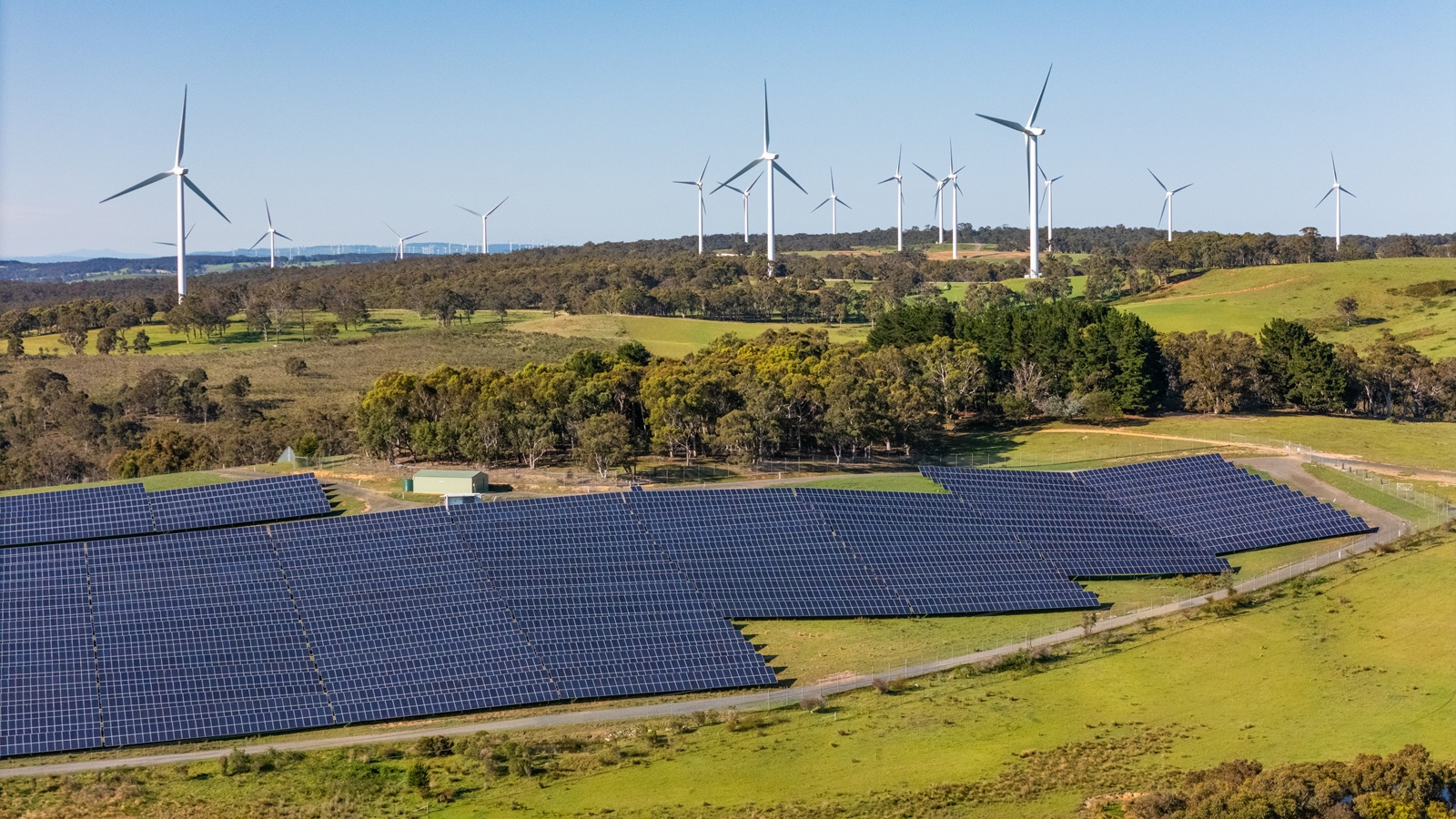Lab Talks: In-Depth Science Discussions
"Uruguay Achieves 98% Renewable Energy Milestone"
But let's not forget, this change was primarily driven by strong political decisions and collaboration. For instance, the appointment of Ramon Mendez Gala in 2008, who crafted an ambitious plan leveraging Uruguay's abundant natural resources like wind, water, and salt. Let's not ignore the economic pragmatism at work here. The multi-party consensus in 2010 to adopt a national energy policy focused on renewables, provided political stability, ensuring continued investment and development, even through change. And don't forget the social anger. Local farmers initially skeptical about turbines soon saw the benefits, like monetary compensations without disruptions to their agricultural activities as affirmed by agronomist. It also created jobs in construction and maintenance of renewable infrastructure, providing a significant social burden. Germany's situation was different. It was a developed country with advanced technology and robust infrastructure. Uruguay, on the other hand, had to build its renewable infrastructure from scratch, amid additionally Germany faced public resistance on land use for wind farms, unlike Uruguay where extensive lands facilitated smoother integrations, including strong public support and co-op, however, Uruguay excelled in civic engagement and addressing rural community concerns, a lesson that Germany and other – I disagree – there are risks of over-reliance on renewables without addressing grid stability and storage capabilities. Potential political shifts could disrupt the current framework, if not man, and as global leaders look to Uruguay, it's essential they remain committed to ethical and inclusive progress, ensuring this success isn't singular,
